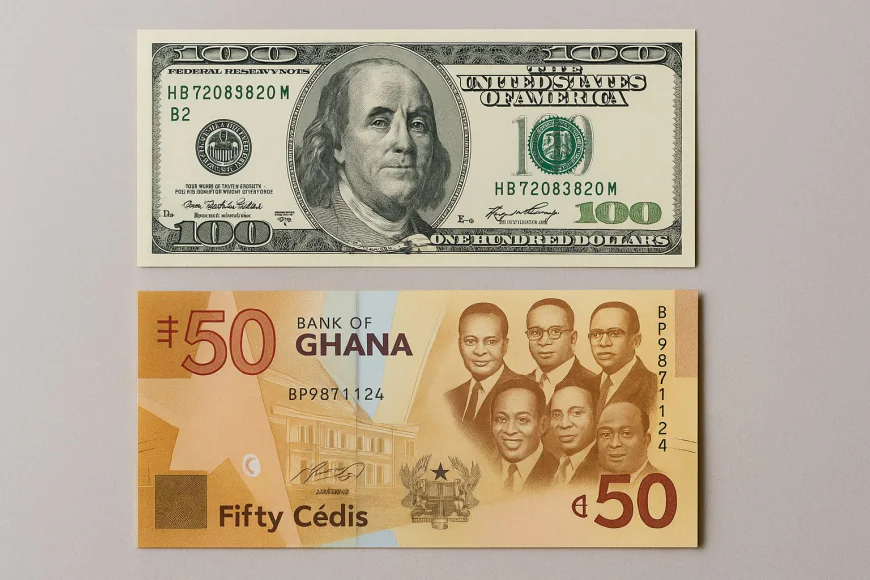Cedi Appreciation in Ghana: The Hidden Pay Cut for Dollar-Paid Professionals
As the Ghanaian cedi strengthens, professionals paid in U.S. dollars are losing value on their salaries. Learn how currency shifts are affecting take-home pay and why it’s still good news for Ghana’s economy.

As Ghana celebrates the recent appreciation of the cedi, not everyone is reaping the same rewards. For professionals paid in foreign currency — particularly in U.S. dollars — the strengthening local currency has introduced an unexpected burden: a silent pay cut.
Take, for example, a Ghanaian earning a monthly salary of $2,000 from an international company. When the exchange rate was GHS 15 to $1, they took home GHS 30,000. But with the rate now at GHS 10 to $1, their earnings drop to GHS 20,000 — a GHS 10,000 reduction each month.
Over a 10-month span, that loss accumulates to a staggering GHS 100,000 — not from company retrenchment or reduced hours, but purely from forex fluctuations. For these professionals, the dollar’s drop has been anything but welcome.
However, this phenomenon isn't entirely negative. A stronger cedi brings broader macroeconomic benefits: cheaper imports, slower inflation, and potentially reduced costs of living for the average Ghanaian household.
“The appreciation of the cedi is a good sign,” said Isaac Mintah, founder of The Hub Web and Activezoon.com. “We must acknowledge the impressive work of the President and his economic team in restoring confidence in the currency.”
So while foreign-currency earners navigate shrinking paychecks, there’s a bigger story unfolding — one of economic recovery and stronger national stability. And that’s something worth celebrating.


